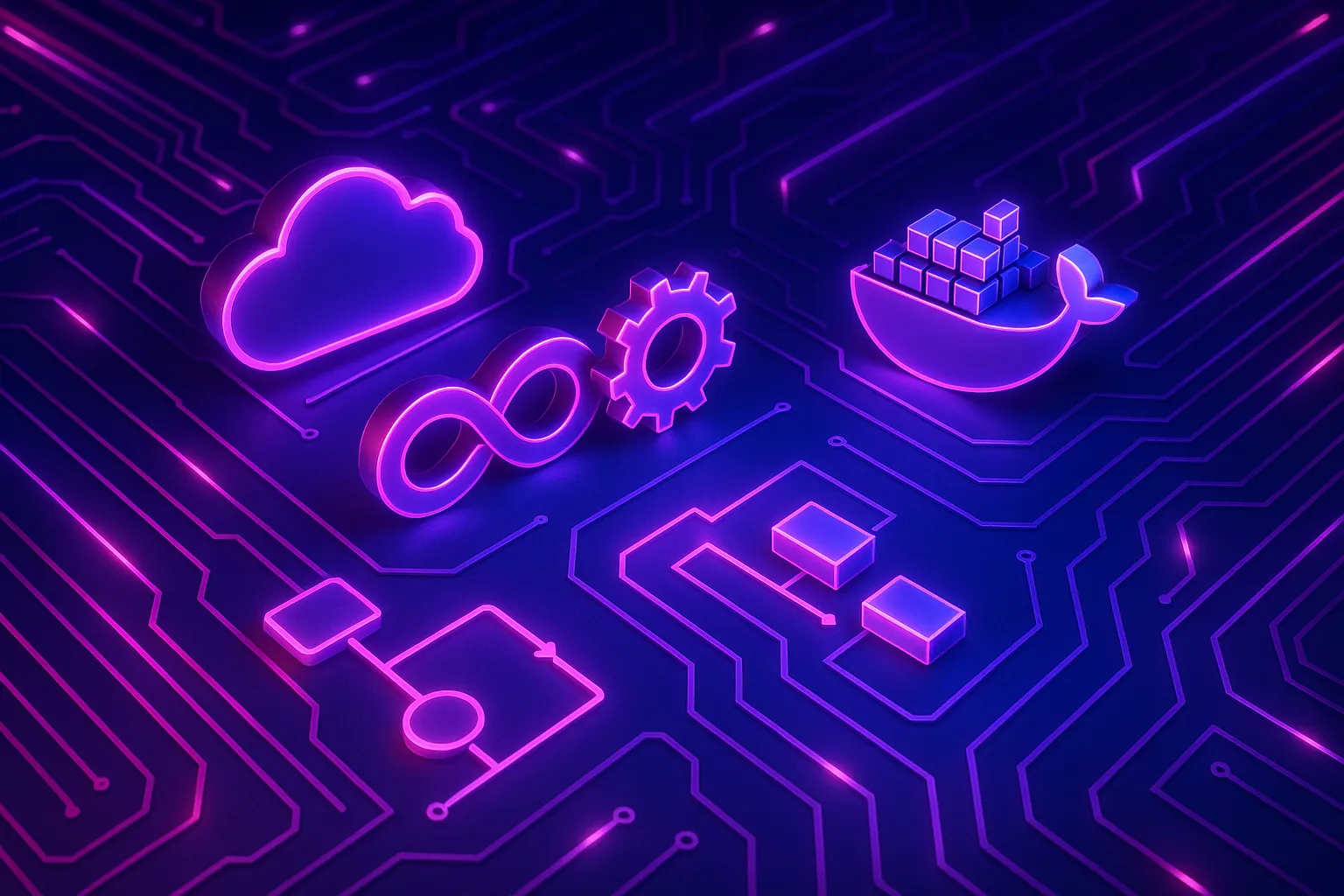
Revolutionizing Software Delivery: Meet CircleCI
In the fast-paced world of software development, delivering high-quality products swiftly is not just an advantage—it's a necessity. Staying ahead demands methodologies like Continuous Integration and Continuous Deployment (CI/CD). Enter CircleCI: a dynamic and adaptive tool that stands out as a top contender for implementing these methodologies effectively. This guide is your gateway to mastering CircleCI's CI/CD pipeline, charting a course to seamless software integration and deployment, backed by best practices for stellar results.
CI/CD Demystified with CircleCI
At its core, CI/CD harnesses automation to simplify software delivery, ensuring that software distributions are efficient, repeatable, and secure. CircleCI excels by integrating seamlessly with GitHub, GitLab, and Bitbucket, enabling developers to accelerate their workflows. CI refers to regular integration of code changes into a shared repository, while CD focuses on automating the steps necessary to deploy those changes. Together, these paradigms foster a rapid, iterative development process.
Spotlights on CircleCI 2.0: A New Era
Since its introduction in July 2017, CircleCI 2.0 has brought significant advancements to the table. Central to its use is the .circleci/config.yml file—a blueprint defining your workflow through sections like version, jobs, and workflows. This configuration allows precise orchestration of job execution order and dependencies, catering to complex build requirements. Moreover, through features such as parallelism, workspaces, caches, and artifacts, CircleCI enhances the pipeline’s fluidity, ensuring smooth code releases with minimal errors.
Example: Streamlining Complex Workflows
Imagine an e-commerce platform progressively adding new features. With CircleCI's data sharing and artifact management, developers can test and deploy these features simultaneously without overwhelming the system, thus maintaining a seamless shopping experience for end-users.
From Code to Production: Automate Deployments Like a Pro
CircleCI stands out for its powerful deployment automation. By integrating AWS services like AWS Fargate Spot, developers can optimize costs and scale compute power for container-based applications. This is particularly valuable for applications where fault tolerance is critical, cutting costs while boosting efficiency.
CircleCI Best Practices: Unlocking Full Potential
Adopting best practices is key to unlocking CircleCI's full potential. Essential practices include:
- Frequent Code Integration: Regular merges prevent bottlenecks in the integration process.
- Automated Quality Assurance: Implement rigorous automated testing at each stage to assure code quality.
- Efficient Version Control: This helps maintain smooth transitions and ensures code integrity.
- Continuous Feedback Loops: Open communication channels keep everyone informed and projects on track.
CircleCI Setup Made Easy: Step-By-Step
Whether starting anew or upgrading, setting up CircleCI requires precision. Begin by creating a CircleCI account and linking it to your version control system. Next, meticulously configure the config.yml to define job sequences and workflows. Leverage CircleCI Orbs—predefined package configurations—to simplify tool integration and speed up the setup.
Embracing the Future: Pipelines-as-Code
As CI/CD evolves, the focus shifts from manual configurations to pipelines-as-code. This concept enhances scalability and streamlines developer experiences, transforming how we manage complex configurations and adapt to changing needs.
Unlocking Excellence with CircleCI
Diving into the CircleCI CI/CD pipeline is more than adopting new tools; it's a transformative journey towards software excellence. By integrating robust features, utilizing best practices, and following structured setup guidelines, your development and deployment processes become faster, more reliable, and optimized for performance. As you embark on this journey, reach out to your team, explore additional resources, and share your revelations. The robust future of software delivery awaits—make your mark with CircleCI.

